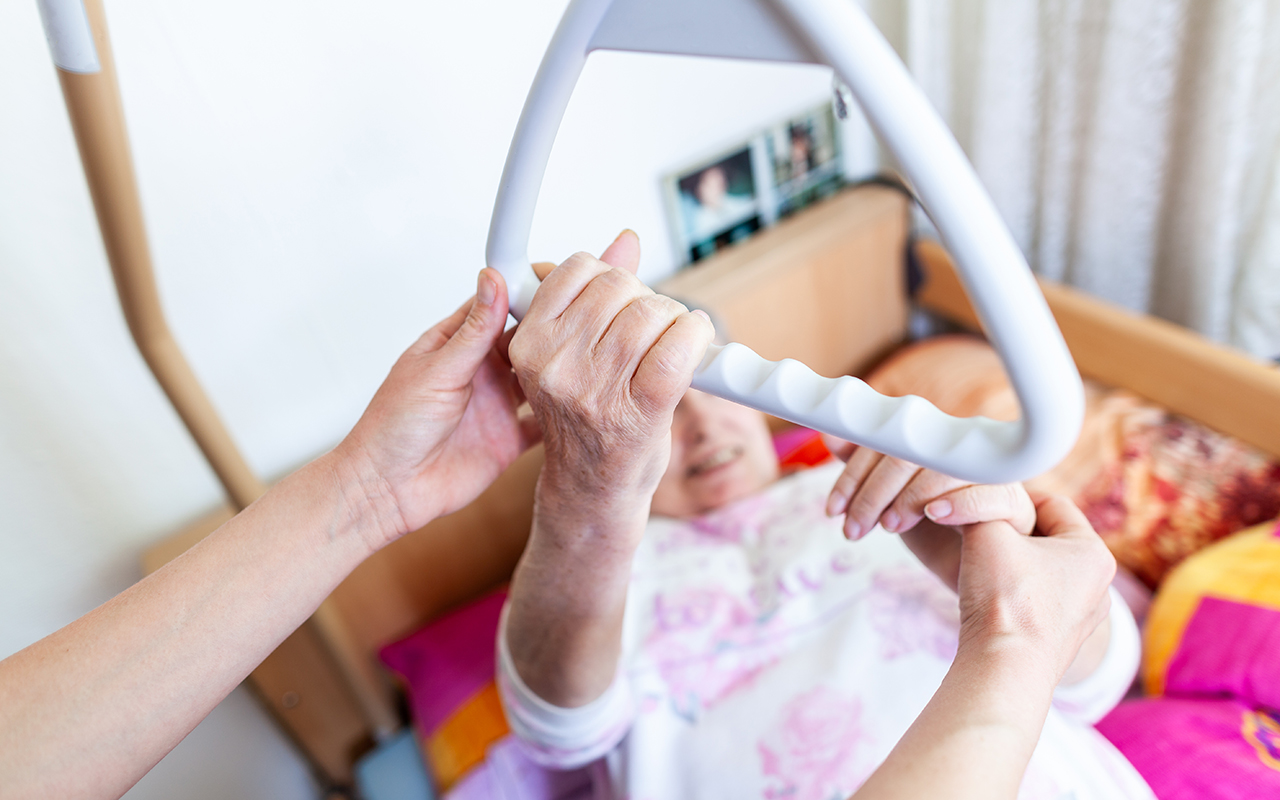Share

Emotional Challenges of Caregiving
Understanding and Coping with the Emotional Toll of Being a Caregiver
Caregiving is one of the most rewarding roles a person can take on. It allows individuals to provide meaningful support to a loved one in need. However, it also comes with significant emotional challenges. Whether you’re caring for an elderly parent, a spouse, or a close friend, the daily demands can lead to stress, anxiety, and even depression.
In this article, we explore the emotional challenges of caregiving, the importance of emotional caregiver support, and effective strategies for coping with caregiver stress.
The Hidden Weight of Caregiver Responsibilities
Most caregivers begin their journey out of love or duty. While the motivation is noble, the day-to-day responsibilities can be overwhelming. Caregivers are often responsible for:
-
Administering medications
-
Managing doctor’s appointments
-
Helping with bathing, dressing, and mobility
-
Providing emotional companionship
-
Handling household tasks and finances
Over time, this consistent level of responsibility can lead to emotional exhaustion. Many caregivers feel they must always be available, often at the expense of their own needs.
Common Emotional Challenges Caregivers Face
1. Chronic Stress
Caregiver stress builds slowly. It may start with fatigue but can quickly grow into constant worry, sleepless nights, and feelings of helplessness. When ignored, this stress can lead to burnout.
2. Guilt and Self-Doubt
Caregivers often feel guilty—guilty for not doing enough, guilty for feeling frustrated, or guilty for taking time for themselves. These emotions are normal but can become harmful if left unchecked.
3. Loneliness and Isolation
Providing full-time care can feel isolating. Many caregivers give up social activities, hobbies, or even jobs. Without regular interaction with others, loneliness may set in, further affecting mental health.
4. Anger and Resentment
It’s common to feel angry or resentful—even toward the loved one receiving care. These feelings are rarely discussed but are natural reactions to an emotionally demanding situation.
The Importance of Emotional Caregiver Support
Emotional caregiver support is essential for maintaining both physical and mental health. Caregivers must have access to resources, outlets, and supportive individuals who understand the emotional toll of caregiving.
Support can come in many forms, including:
-
Friends and family who listen without judgment
-
Support groups for caregivers
-
Professional counseling or therapy
-
Respite care services that offer short-term relief
At CaringHomeCare.com, we believe no caregiver should face these challenges alone. Finding emotional caregiver support can greatly improve a caregiver’s well-being and capacity to provide compassionate care.
Coping with Caregiver Stress: Effective Strategies
While caregiver stress is common, there are healthy ways to manage it. Here are practical strategies for coping with caregiver stress:
1. Practice Self-Care Regularly
Make time for yourself. Even 30 minutes a day can help. Take a walk, listen to music, read, or meditate. These activities help reduce stress and recharge your energy.
2. Set Boundaries
Learn to say no. You don’t have to take on every responsibility alone. Setting boundaries protects your time and energy.
3. Ask for Help
Don’t hesitate to ask for assistance. Whether it’s from siblings, friends, or a home care service, shared responsibility eases the burden.
4. Stay Connected
Maintaining social ties helps combat isolation. Schedule regular calls or visits with friends. Joining a caregiver support group can also provide a safe space to vent and connect.
5. Use Respite Care
Respite care allows you to take breaks while a professional steps in to care for your loved one. This service can be essential for long-term emotional stability.
6. Educate Yourself
Understanding your loved one’s condition can reduce anxiety. Knowing what to expect allows you to plan and manage daily care more confidently.
7. Monitor Your Mental Health
Pay attention to signs of depression or anxiety. These might include mood swings, fatigue, irritability, or changes in sleep or appetite. If symptoms persist, speak to a healthcare provider.
Caring for Yourself Is Caring for Them
Caregivers often put their loved one’s needs first, but neglecting your own health can lead to bigger problems. When you feel emotionally drained, your ability to provide quality care diminishes. By seeking emotional caregiver support and adopting effective stress-management strategies, you create a healthier environment for both you and your loved one.
How CaringHomeCare.com Can Help
At CaringHomeCare.com, we understand the emotional challenges of caregiving. That’s why we offer compassionate, professional support to lighten your load. From skilled home care aides to respite services, we’re here to provide the help you need—when you need it most.
If you’re feeling overwhelmed, know that you’re not alone. Let us help you navigate the path of caregiving with confidence and care.
Contact us today to learn more about how we can support you and your family.
How Caregivers Can Reduce Injury While Assisting Seniors Providing daily care for seniors is meaningful work. It can also be physically demanding. Many caregiver injuries happen during lifting, transferring, or repositioning seniors. These injuries are often preventable when proper techniques are used. Learning caregiver injury prevention strategies protects both the caregiver and the senior. It
Build a Caregiver Support Network: Finding the Help and Encouragement You NeedCaring for a loved one is one of the most meaningful and selfless things you can do. But being a family caregiver can also be emotionally, physically, and mentally draining. Whether you’re new to caregiving or have been doing it for years, building a
The Role of Respite Care: Supporting Caregivers and Seniors Caring for an aging loved one is an act of love, patience, and dedication. However, even the most committed caregivers need time to rest, recharge, and take care of their own needs. This is where respite care for caregivers plays a vital role. By offering temporary
The Benefits of Music Therapy for Seniors As people age, maintaining physical health, emotional well-being, and cognitive function becomes increasingly important. One powerful yet often overlooked tool for supporting senior wellness is music therapy. Whether it’s listening to favorite songs, playing an instrument, or participating in a guided session, music therapy for seniors can spark
Need A Caregiver? Fill Out Form Below
With our competitive rates, we make receiving in-home care affordable regardless of whether you’re using your insurance or paying out of pocket.






